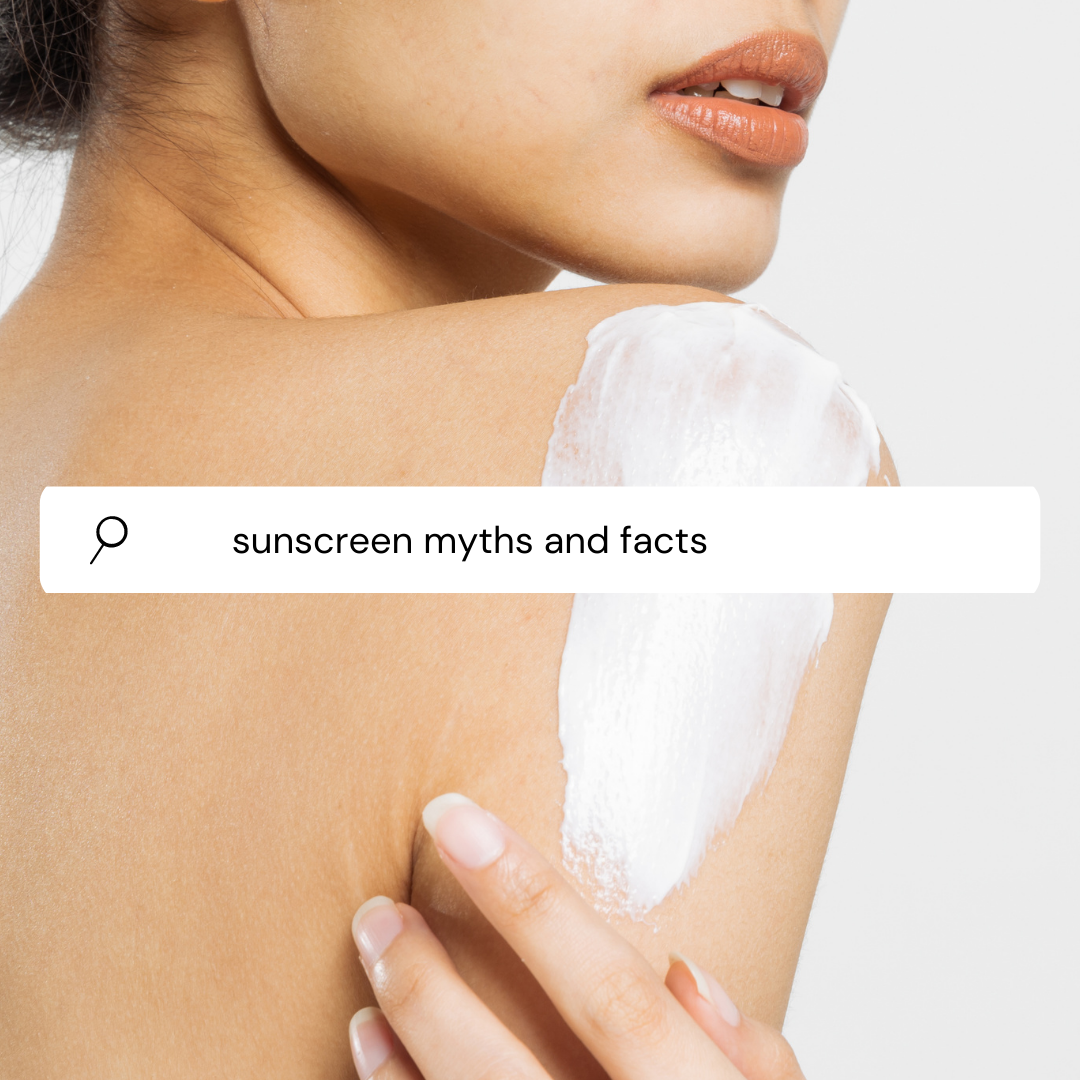Skin Moisture vs Skin Hydration | ellé derm skincare
Skin Hydration vs Skin Moisturisation – Which One Do You Need?
When it comes to addressing specific skin concerns such as dry skin, it pays to know which ingredients you should focus on more – hydrators or moisturisers.
Whilst both hydrators and moisturisers fight skin dehydration and increase skin elasticity and skin firmness, their mechanism of action is quite different. To make things even more confusing, these two terms are often used interchangeably.
Often, a good moisturiser will have both hydrating and moisturising ingredients to keep the skin hydrated and moisturised over an extended period.
Definition: Hydrators vs Moisturisers
Hydration refers to the water content within cells, causing them to swell and become bouncy. When water flows out of the cell, it shrinks and becomes dehydrated.
Hydrators are ingredients that infuse the skin cells with water, making them more supple and volumized. Examples of hydrators include humectants such as glycerin, hyaluronic acid and glycols.
Dehydrated skin responds best to hydrators by adding water back into the skin. Look for a hydrating serum or cream containing hyaluronic acid, glycerin or aloe.
Moisturisers seal in moisture and help to keep the skin soft and smooth. The function of moisturisers is to prevent water loss from the skin, also referred to as trans-epidermal water loss.
Dry skin responds best to moisturisers or products which contain lots of moisturising ingredients. Moisturisers are usually oil-based ingredients or fat-soluble. Examples of moisturisers include shea Butter, plant oils, mineral oil jojoba oil and petrolatum.
Dehydrated Vs Dry Skin
If your skin is naturally dry all year round and tends to be flaky, you’re likely to have dry skin. Dry skin individuals naturally produce fewer lipids in their skin cells and therefore benefit from moisturising ingredients.
Characteristics of dry skin include:
- Dry, itchy and scaly, redness,
- Fine lines and cracks which can become deep and bleed,
- A feeling of skin tightness, especially after bathing or showering.
Dehydrated skin is caused by a lack of water content inside the cells. The skin usually does not bounce back to normal quickly with a pinch test. Dehydrated skin can also benefit from increasing water intake and reducing alcohol and caffeine intake. One giveaway your body is dehydrated is dark urine colour.
Other characteristics of dehydrated skin include:
- Dry, itching and dullness in the skin
- Skin lacks elasticity
- Sunken eyes
- Dark urine colour
- Increased appearance of fine lines and wrinkles
References:
- “Dry Skin: Diagnosis and Treatment”. American Academy of Dermatology Association. Available URL: https://www.aad.org/public/diseases/a-z/dry-skin-treatment
- G S Kelly. “Squalane and its potential clinical uses”. Alternate Medical Review. 1999 Feb”4(1): 29-36
- Penzer R, Ersser S. “Principles of Skincare”. 1st United Kingdom: Blackwell Publishing. 2010



